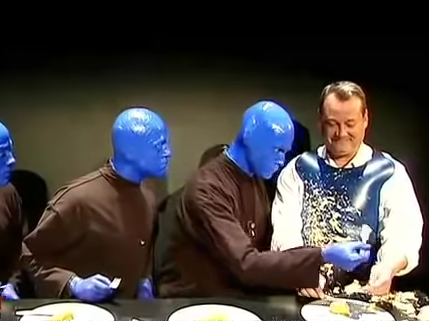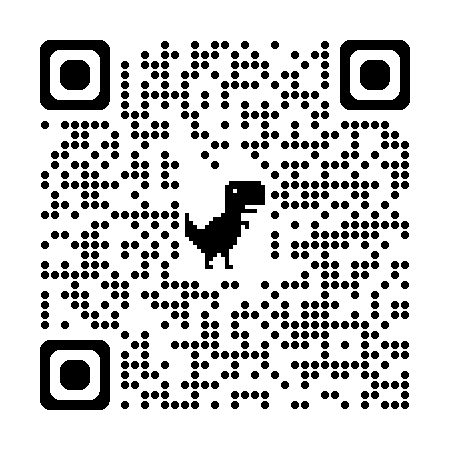Click here and press the right key for the next slide.
(This may not work on mobile or ipad. You can try using chrome or firefox, but even that may fail. Sorry.)
also ...
Press the left key to go backwards (or swipe right)
Press n to toggle whether notes are shown (or add '?notes' to the url before the #)
Press m or double tap to slide thumbnails (menu)
Press ? at any time to show the keyboard shortcuts
Moral Knowledge Does Not Exist
1. Ethical intuitions are necessary for ethical knowledge.
2. Ethical intuitions are too unreliable to be a source of knowledge.
therefore:
3. Ethical knowledge is not possible.

first attempt


Graham, Haidt, & Nosek (2009, p. figure 3)
cultural variation, illustrated by purity
* gay marriage
* euthanasia
* abortion
* pornography
* stem cell research
* environmental attitudes
(Graham et al., 2019)
1. Between cultures there are inconsistent intuitons.
therefore???
2. Intuitions are too unreliable to be a source of knowledge.
But aren’t at least some intuitions universal?
‘one finds nearly complete agreement among moral intuitions [...] such as:
It is right to protect one’s children from lethal danger.’
(Bengson et al., 2020, p. 19)
No: maternal infanticide (Hrdy, 1979)
‘a mother in a hunter-gatherer society examines her baby right after birth and [...] makes a conscious decision to either keep the baby or let it die.’ (Hrdy, 2011, p. 198)
1. Ethical intuitions are necessary for ethical knowledge.
2. Ethical intuitions are too unreliable to be a source of knowledge.
therefore:
3. Ethical knowledge is not possible.

second attempt

Mary notices a trolley rolling out of control. If Mary does nothing, the trolley will kill five people on the track. If Mary pulls a lever it will release a trapdoor in the footbridge and one person will fall onto the track—the trolley will kill the person, but then slow down and not hit the five other people farther down the track.
May Mary pull the lever?
‘Chidi is the driver of a trolley, whose brakes have just failed. [...] Chidi can turn the trolley, killing the one; or he can refrain from turning the trolley, killing the five’ (Thomson, 1976, p. 206).
May Chidi turn the trolley?
Why may Chidi but not Mary?

Schwitzgebel & Cushman (2015, p. figure~2 (part))
- whether an agent is part of the danger (e.g. on the trolley) or a bystander;
- whether an action involves forceful contact with a victim;
- whether an action targets an object or the victim;
- how directly the victim’s suffering impinges on the agent; and
- how the victim is described.
‘A brief summary of the research of the past years is that it has been shown that almost all these confounding factors influence judgments, along with a number of others’
(Waldmann et al., 2012, p. 288).
‘Our moral judgments are apparently sensitive to idiosyncratic factors, which cannot plausibly appear as the basis of an interpersonal normative standard. [...] we are not in a position to introspectively isolate and abstract away from these factors.’
(Rini, 2013, p. 265)
1. Ethical intuitions are influenced by extraneous factors.
therefore:
2. Ethical intuitions are too unreliable to be a source of knowledge.
1. Ethical intuitions are necessary for ethical knowledge.
2. Ethical intuitions are too unreliable to be a source of knowledge.
therefore:
3. Ethical knowledge is not possible.
- between cultures there are inconsistent ethical intuitions
- ethical intuitions are influenced by extraneous factors
Are ethical intuitions so unreliable that they cannot be a source of ethical knowledge?
